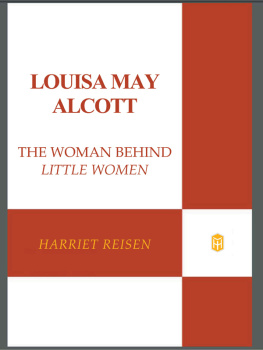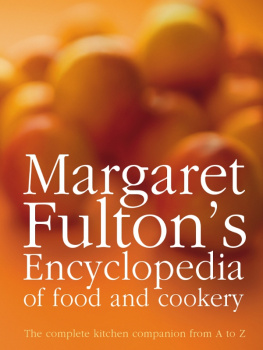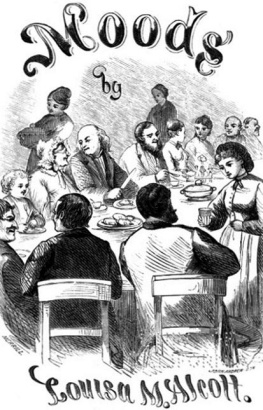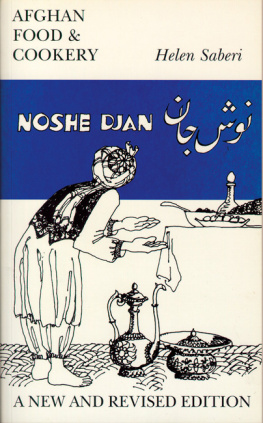


OTHER BOOKS IN
THE AMERICAN ANTIQUARIAN SOCIETY
COOKBOOK COLLECTION
1776-1876: The Centennial Cook Book and General Guide, by Mrs. Ella E. Myers
American Cookery, by Amelia Simmons
The American Family Keepsake, by The Good Samaritan
Apician Morsels, by Dick Humelbergius Secundus
The Art of Dining, and the Art of Attaining High Health, by Thomas Walker
California Recipe Book, by Ladies of California
The Canadian Housewifes Manual of Cookery
Canoe and Camp Cookery, by Seneca
The Compleat Housewife, by Eliza Smith
Confederate Receipt Book
The Cook Not Mad
The Cook's Own Book, and Housekeeper's Register, by Mrs. N.K.M. Lee
Cottage Economy, by William Cobbett
Dainty Dishes, by Lady Harriet E. St. Clair
Dairying Exemplified, by Josiah Twamley
De Witt's Connecticut Cook Book, and Housekeeper's Assistant, by Mrs. N. Orr
Every Lady's Cook Book, Mrs. T.J. Crowen
Fifteen Cent Dinners for Families of Six, by Juliet Corson
The Frugal Housewife, by Susannah Carter
The Hand-Book of Carving
The Health Reformer's Cookbook, by Lucretia E. Jackson
The Housekeeper's Manual
How to Mix Drinks, by Jerry Thomas
Jewish Cookery Book, by Esther Levy
Miss Leslies New Cookery Book, by Eliza Leslie
Modern Domestic Cookery, and Useful Receipt Book by W.A. Henderson
Mrs. Hale's New Cook Book, by Sarah J. Hale
Mrs. Owens Illinois Cook Book, by Mrs. T.J.V. Owens
Mrs. Porters New Southern Cookery Book, by Mrs. M.E. Porter
The New England Cook Book
The New Housekeeper's Manual, by Catharine E. Beecher and Harriet B. Stowe
The Physiology of Taste, by Jean A. Brillat-Savarin
The Practical Distiller, by John Wyeth
Seventy-Five Receipts for Pastry, Cakes, and Sweetmeats, by Eliza Leslie
The Times Recipes, by The New York Times
A Treatise on Bread, by Sylvester Graham
Vegetable Diet, by William Alcott
The Virginia Housewife, by Mary Randolph
What to Do with the Cold Mutton

This edition of The Young Housekeeper by William A. Alcott was reproduced by permission from the volume in the collection of the American Antiquarian Society (AAS), Worcester, Massachusetts. Founded in 1812 by Isaiah Thomas, a Revolutionary War patriot and successful printer and publisher, the Society is a research library documenting the life of Americans from the colonial era through 1876. AAS aims to collect, preserve, and make available as complete a record as possible of the printed materials from the early American experience. The cookbook collection includes approximately 1,100 volumes.
The Young Housekeeper copyright 2013 by American Antiquarian Society. All rights reserved. No part of this book may be used or reproduced in any manner whatsoever without written permission except in the case of reprints in the context of reviews.
Andrews McMeel Publishing, LLC
an Andrews McMeel Universal company
1130 Walnut Street, Kansas City, Missouri 64106
www.andrewsmcmeel.com
ISBN: 9781449428556
ATTENTION: SCHOOLS AND BUSINESSES
Andrews McMeel books are available at quantity discounts with bulk purchase for educational, business, or sales promotional use. For information, please e-mail the Andrews McMeel Publishing Special Sales Department:
specialsales@amuniversal.com
PREFACE.
W HATEVER views may be suggested by the title, this book is really and truly a work on Physical Education. Like the Young Mother, with which the public are already familiarly acquainted, it has for its principal end and aim, the physical improvement of the community. It is intended as a means of rendering house-keepers thinking beings, and not as they have hitherto often been, mere pieces of mechanism; or, what is little better, the mere creatures of habit or slaves of custom.
Though I have compared this work, as regards its end and aim, to the Young Mother, it is a separate and entirely different volume. That work treats chiefly of the general physical management of young children; but the Y OUNG H OUSEKEEPER is almost wholly confined to the nature and preparation of food.The Young Wife, recently published, occupies another department still. It is substantially an intellectual and moral work; and treats, for the most part, of the peculiar duties of the wife to herself and her husband.
A large proportion of the books which have been written professedly for house-keepers, are little more than large bundles of recipes for fashionable cookery. I know of no work in this department which contains, to any considerable extent, important principles, unless it be Mrs. Parkes Domestic Duties; but this, along with much that is valuable, embraces also a great deal which is wholly inapplicable to the customs or to the state of society in the United States.
A principal aim of the following treatise has been, to elevate the important profession for whom it is written, instead of sinking it below its present unworthy level. I should be glad to convince the most skeptical that house-keeping is as much a science, and in view of its results in the formation of human health and character, as deserving of studyand of hard study, tooas geography or mathematics. The duties and destinies of the house-keeper are too important to be misunderstood. The elements of the nation, nay, of the world itself, are prepared, to a very great extent, in our nurseries, and around the domestic fireside.
Some may thinkbefore they have read itthat I have devoted too large a proportion of the volume to food and cookery; as if the housekeeper had little else to do but to study the art of preparing food for her household. Yet I believe I have devoted quite as much space to other and collateral topics, as is usual with books designed for the same class of persons. Besides, I have not attempted to prepare a perfect work on house-keeping. My object is, to speak on those points of which I have thought most, and which appear to be most neglected by other writers; especially such as are very closely connected with physical education.
For the recipes of the last chapter, I am principally indebted to judicious house-keepers in this vicinity and elsewhere, with whom, so far as I know, they originated. A few have, however, been selectedthough seldom without some modification or abridgmentfrom the best books I could find on the subject. The collection, after all, is not very large. Small as it is, however, some may find it tedious. But it must be far less so, I am sure, than works which are little else than mere recipeswhich, instead of one hundred or one hundred and twenty, contain from one to two thousand.
The work, however, whatever may be its character or its tendency, is at length before the public. I hope it will be serviceable. I hope it will prove a timely contribution to the cause of human improvementto the melioration, the elevation, the restoration of fallen humanity.
Next page
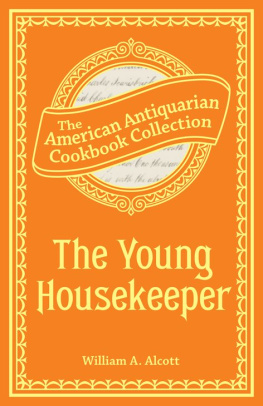
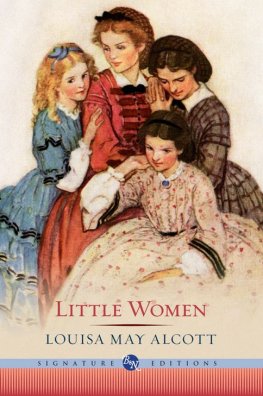

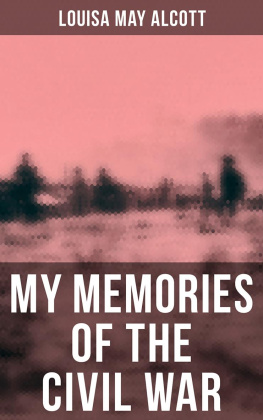

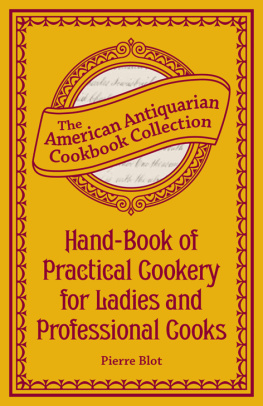
![Alcott - Louisa May Alcott: [a personal biography]](/uploads/posts/book/163779/thumbs/alcott-louisa-may-alcott-a-personal-biography.jpg)
